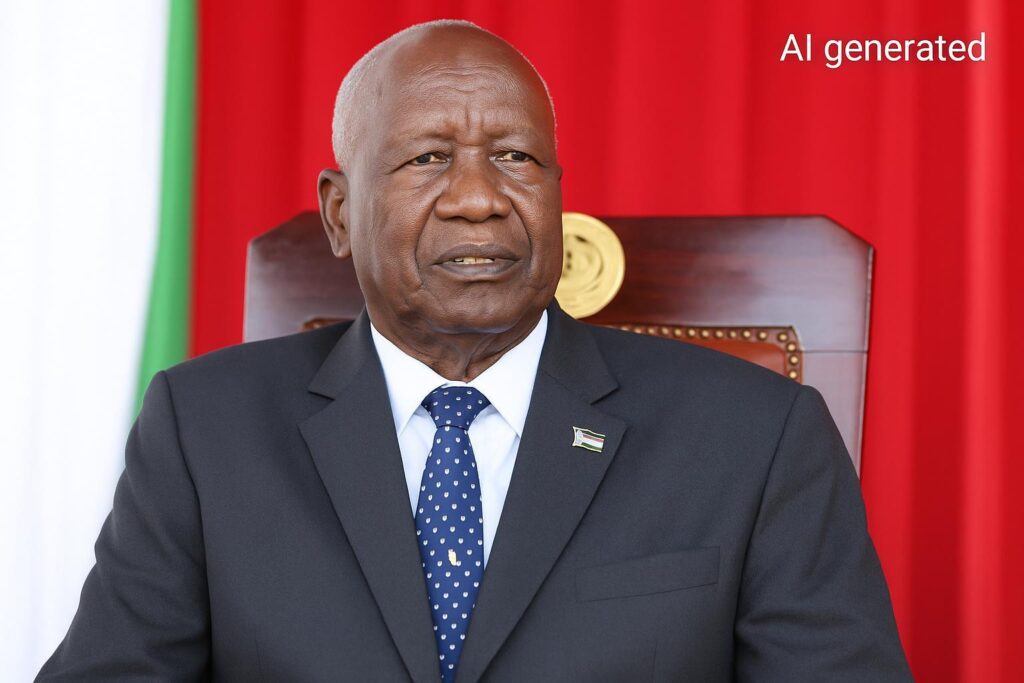Arrest of First Vice President Riek Machar
Dr. Riek Machar was placed in custody on 28 March 2025 after Upper Nile’s White Army overran a government barracks, leaving Major General Majur Dak and 27 soldiers dead. Juba’s security agencies quickly linked the SPLM-IO leader to the incident.
Government’s Criminal Case Narrative
Information Minister Michael Makuei told reporters that intelligence showed Machar directing loyal bases throughout March, sparking violent clusters in Nasir and other hotspots. He stressed the detention stemmed from suspected crimes, not politics, a line later amplified by presidential adviser Kuol Manyang.
Kuol Manyang’s Comments to AU Envoys
Speaking on state television during an African Union briefing, Manyang reiterated that ‘normal procedures’ were being followed because Machar’s name surfaced in homicide investigations tied to the Nasir losses. His televised remarks echoed earlier Cabinet messaging on the legality of the arrest.
SPLM-IO Calls for Apology and Release
Gordon Yien, deputy press secretary in Machar’s office, swiftly branded the comments ‘irresponsible and hateful’. He argued that labeling the detention criminal delegitimised the 2018 peace framework and demanded both an immediate apology from Manyang and the unconditional freedom of what he called ‘the peacemaker’.
Civil Society and International Concern
Local activists and diplomatic missions warn that keeping the First Vice President behind bars risks derailing the fragile Revitalised Agreement. Several observers describe the stand-off as feeding ethnic tensions, although Juba maintains the law must run its course before any political dialogue resumes.
Possible Paths Toward De-Escalation
Analysts suggest discreet mediation by the Intergovernmental Authority on Development could help reconcile the competing narratives without undermining judicial proceedings. For now, the atmosphere in Juba remains tense yet controlled, as stakeholders balance rule-of-law principles with the overriding need to safeguard peace.


